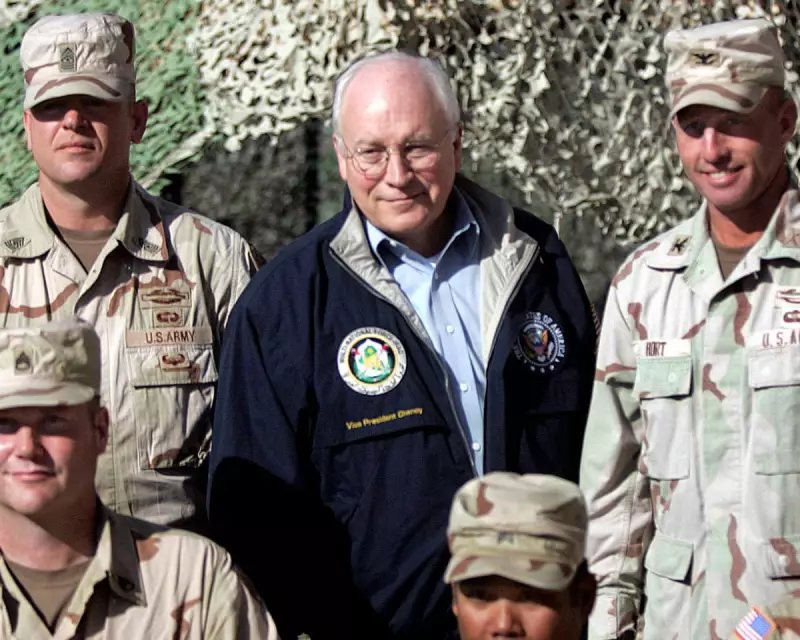
The political landscape of modern America may bear the unexpected fingerprints of Dick Cheney, whose controversial War on Terror policies two decades ago potentially laid the groundwork for the populist movement that carried Donald Trump to power.
The Unintended Consequences of Counter-Terrorism
According to fresh political analysis, Cheney's aggressive approach to national security following the 9/11 attacks created a precedent for extraordinary executive power that would later be exploited by the Trump administration. The normalisation of surveillance, enhanced interrogation techniques, and unilateral military action established a new paradigm for presidential authority.
Erosion of Political Norms
Political scholars argue that the Bush-Cheney administration's expansion of executive power, while justified as necessary for national security, gradually weakened the institutional checks and balances that traditionally constrained presidential action. This erosion created an environment where Trump's more confrontational approach to governance could flourish.
The Patriot Act's Lasting Impact
The controversial Patriot Act, championed by Cheney, introduced surveillance capabilities that not only transformed law enforcement but also reshaped public expectations about government intrusion. This shift in the relationship between citizens and state authority created fertile ground for populist rhetoric about "deep state" conspiracies.
From Security Hawk to Political Precursor
Cheney's unwavering advocacy for military intervention and his dismissive attitude toward diplomatic solutions established a political template that Trump would later adapt to domestic policy. The former vice-president's confrontational style and skepticism of international institutions prefigured key elements of the "America First" philosophy.
Experts suggest that the political climate forged in the aftermath of 9/11, with its emphasis on absolute security and distrust of traditional allies, created a receptive audience for Trump's brand of nationalist politics. The constant state of emergency mentality cultivated during the War on Terror years made extraordinary claims and radical solutions seem more acceptable to the American electorate.
A Contested Legacy
While Cheney and Trump represent different wings of the Republican party, their approaches share significant common ground in their willingness to challenge established norms and concentrate power in the executive branch. This analysis suggests that the War on Terror era, often viewed through a purely national security lens, may have deeper political consequences that continue to shape American democracy today.





